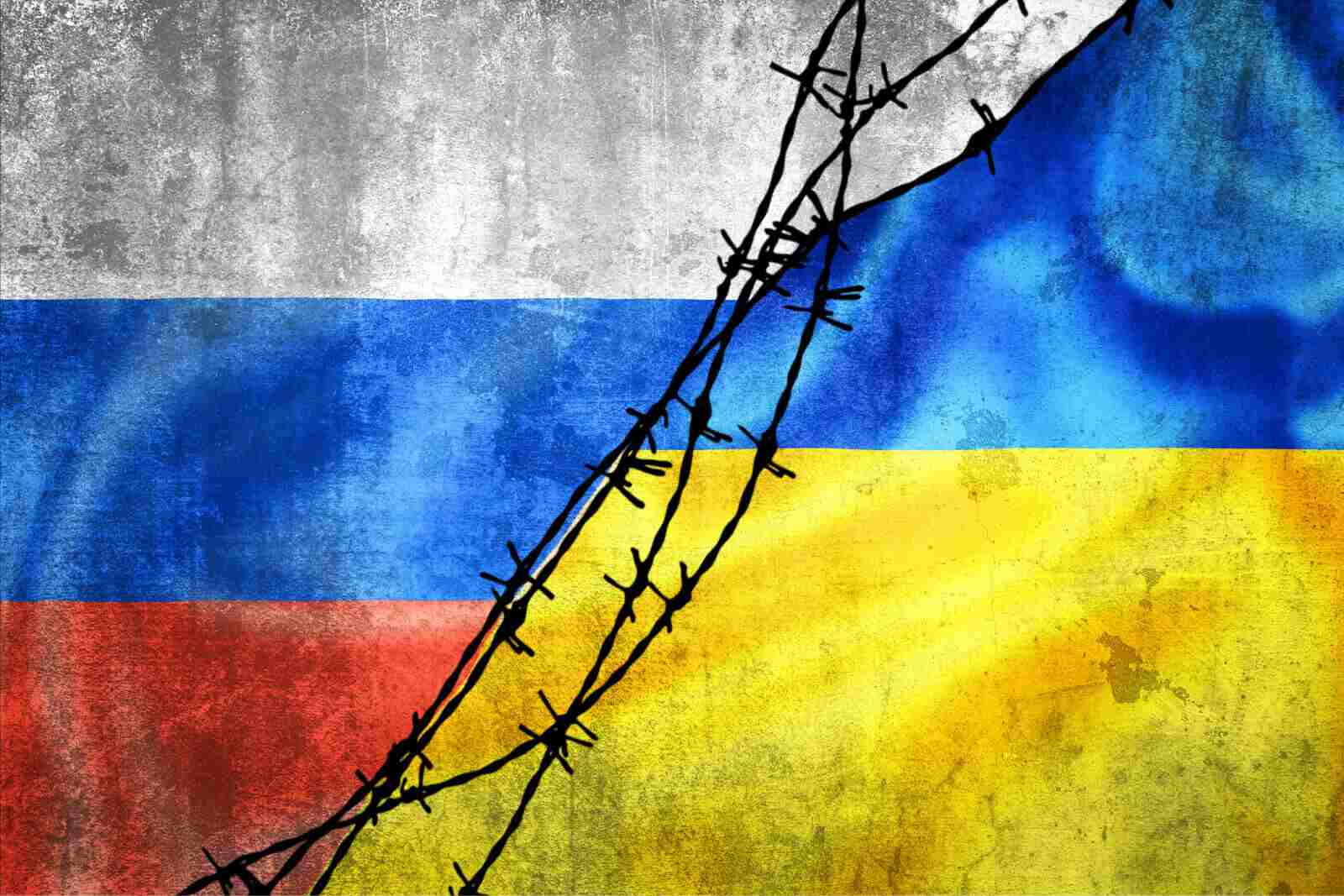
War clouds continue to loom over the global skies as the Ukraine-Russia conflict shows no signs of ending. In a worrying sign of escalation, Kyiv’s drones attacked residential areas in Moscow last week. The Putin administration termed it the most dangerous attack on Moscow in the past seven decades. Russian Parliamentarian Maxim Ivanov claimed that Ukraine’s aggression now stands exposed and compared the attack to Nazi Germany’s invasion during the Second World War.
The drone assault was more audacious in symbolism than in actual damage on the ground. It targeted areas with houses belonging to some of Russia’s richest people, including President Vladimir Putin. The Russian President was in the Kremlin at the time of the attack.
Kyiv has denied direct involvement. The Zelensky Administration’s response was far from apologetic and even predicted more such attacks in the future. Although daring, the drone attack was not unprecedented. Russia had previously accused Ukraine of sending two assassin drones to target President Putin about a month ago. He had eluded danger this time as well and was at his official residence 25 kilometers away from the Kremlin. This alleged attempt on Putin’s life brought the N-word to the political discourse in Russia, endorsed by Russia’s Parliament Speaker and other senior functionaries. The country’s nuclear doctrine allows for a first strike if the country’s existence is at stake. The war has already reached Russia’s border, with Ukrainian forces breaching the Bolgorod area twice this week. Ukraine blamed Russia’s own fighters the first time, but this time they have neither denied nor acknowledged their involvement.
The purported Ukrainian pushback has put the US on the back foot. It is not expected to be as critical as with Russian transgressions, but it cannot openly condone the attacks either. Uncle Sam is much more than a concerned onlooker here; it is Ukraine’s biggest arms supplier. However, American weapons were supplied with the condition that they would only be used to defend or regain lost territories. Washington cannot openly support drone attacks on civilian areas. The Biden administration is reportedly ascertaining whether weapons supplied by the US were used inside Russia’s borders.
Russian outrage following the attack has made NATO countries nervous. Ukraine appears to be the only winner in the emerging situation, as NATO, along with the US, is bound to respond to any reprisal from Russia. President Zelensky has intensified pressure for full NATO membership and has unilaterally set a deadline. He wants the alliance to reach a consensus on the issue before NATO’s annual summit scheduled later this year in the Lithuanian capital, Vilnius.
President Zelensky has his own challenges, especially considering the differences within NATO regarding Ukraine’s membership. Even countries backing Kyiv are uncertain about whether Ukraine should be granted full membership or simply a long-term security guarantee. While Britain, Poland, and the three Baltic nations (Estonia, Lithuania, and Latvia) support permanent membership, France and Canada only advocate for a security guarantee. Germany has already pointed out that NATO has no precedent for granting full membership to a country involved in a war, and the Biden administration shares this view. In short, the US, Germany, and France are not in a rush to meet President Zelensky’s demand.
Both sides in the conflict are losing patience. Dmitry Medvedev, the Vice-President of Russia’s Security Council, warned of a growing fear of a global nuclear war a month ago. The Kremlin has been issuing aggressive statements ever since, repeatedly emphasizing that the world is facing the most severe threat of a world war in the 21st century.
President Putin has reminded his compatriots that Russia is at a crossroads and an uncertain future awaits the country, where they may have to use all available resources to defend Russia. Putin has further escalated the situation by withdrawing from a nuclear treaty with the US and deploying nuclear weapons in Belarus. This marks the first time since the 1990s that a country has sent nuclear weapons to its ally. The US condemnation carries little moral weight in this matter, as its own nuclear weapons remain stationed across Europe.
More than a year since the war began, an amicable ending still eludes the world. Like the rest of the world, the US pins high hopes on India to help resolve the conflict. President Zelensky met with PM Narendra Modi on the sidelines of the Hiroshima G7 summit, hoping for India’s assistance. The Indian Prime Minister has consistently emphasized that this is not the era of war and has advocated for dialogue as a means of achieving peace.
The Ukraine-Russia war is just one of many pressing issues facing the world. Tensions are rising in Taiwan, Syria continues to suffer from civil war, and problems persist in the Middle East, where Iran and Israel are increasingly at odds. Sudan and Pakistan are experiencing internal crises, and the global community seems to lack viable solutions. The situation is reminiscent of the circumstances that led to both World Wars. Humanity certainly does not need another Hiroshima or Nagasaki. However, have we learned any lessons from these catastrophes? Global leaders must contemplate this as the Ukraine conflict continues to push the world to the brink of nuclear disaster.


















